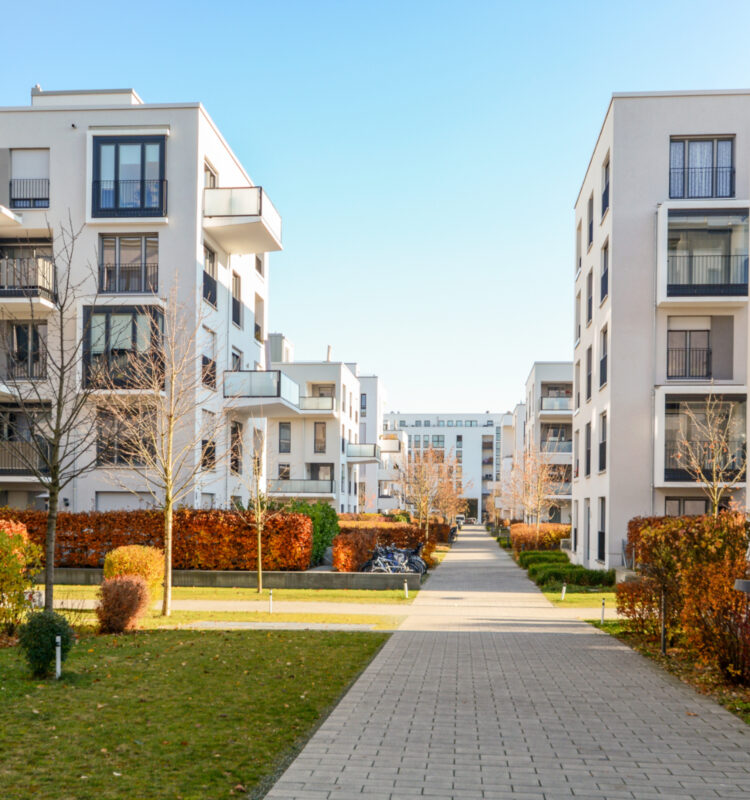EEB


September 11, 2023




September 11, 2023
EEB Task Group promotes policy best practices and fosters synergies with existing bodies working in the field through discussion of priorities and challenges, the sharing of lessons learned, and enhanced policy development.
Key EEB objectives include:
EEB was established in 2022 to scale up best practices on energy efficiency in buildings and to foster even closer cooperation with international partners.
A number of bodies are already making valuable contributions to the exchange of information across sectors and across national boundaries about building energy efficiency.
However, the analysis of these initiatives shows a benefit for an enhanced and structured government-to-government dialogue, focusing on policy issues.
There is a dearth of opportunities for national officials to learn directly from each other how to grapple with the challenges of designing and implementing effective building energy efficiency policies.
The EEB Task Group has created a platform for policy makers in national administrations to exchange on policies and measures to improve the energy performance of buildings.
The Task Group relies primarily on studies from and analytical capabilities of the various international and national organizations and think tanks, supported by focused analysis and overviews to strengthen the intergovernmental dialogue on a peer basis. This enables members to prioritise the most effective policies and implementation processes for boosting energy efficiency in buildings.
While responses to the 2022 energy crisis varied across regions, common elements included:
programmes and policies to accelerate energy efficiency in buildings, including deployment of heat pumps
direct support to shield consumers from higher energy prices
consumer campaigns targeting behaviour change to entice demand reduction
financial incentives for households and businesses, including subsidies, grants, and loans.
Enabling policies and supportive financing models
Getting stakeholders engaged
Skills needs and workforce development in the building renovation sector
Case studies and their replicability
Buildings’ life cycle assessment (LCA) and life cycle costing (LCC) methodologies, existing models and applications
Policy approaches to promote LCA/LCC and energy system integration
Tools for LCA/LCC: software analysis tools and databases